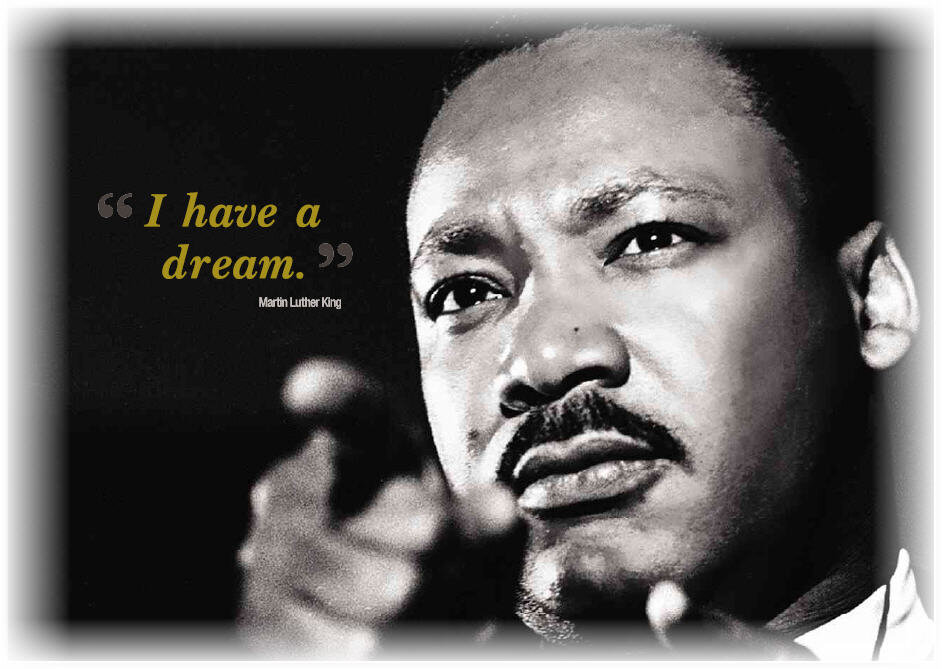This week we celebrate the life and legacy of Dr. Martin Luther King Jr., a man who brought hope and healing to America. Thanks to his resilience, Dr. King was able to accomplish goals that seemed impossible and out of reach.
Dr. King's resilience allowed him to be flexible, adapt quickly, and collaborate well with others. He made quick and effective decisions in a crisis and persisted despite adversity.
What made Dr. King such a resilient person and a leader who inspired resilience within the civil rights community?
Religion
A few years ago, I visited Montgomery, Alabama, and was privileged to tour the church where Dr. King served as a pastor. I learned how much Dr. King looked to his religion for meaning and purpose. While having a religious belief is not required for resilience, studies consistently show that being a member of a religious community can enhance resilience.
Social Support
Dr. King reached out to his wife Coretta, the rest of his immediate family, and members of their church to support and encourage him during his years of struggle. When I toured his home in Montgomery, the guides described the importance he placed on his family and how they would host social gatherings to draw support from friends in the community. Dr. King surrounded himself with people whom he could lean on and who helped him endure.
Recovery Time
Dr. King's days were long and arduous. They took a toll on him physically and mentally. What struck me when visiting his home was how he created space for contemplation and recovery. He would spend hours in his office praying, reading, and thinking. Taking this time allowed him to recover from stress and hardship.
Altruism
Dr. King believed strongly in helping others. When sanitation workers went on strike in Memphis, he gave his support because he wanted to help others in need. Staff at the Civil Rights Museum in Memphis told me that Dr. King was tempted not to go to the church to give his Mountaintop speech because it was pouring rain, and he was tired. Dr. King went anyway because he wanted to support the striking workers. In this remarkable speech, he explained that the question he posed to himself was not, "If I stop to help this man in need, what will happen to me?" The question was, "If I do not stop to help the sanitation workers, what will happen to them?"
Reframing
Dr. King was a master at reframing negative situations, which allowed him to maintain a positive outlook despite tragedy. He knew that staying mired in negativity and hatred would erode his resilience and lead to bitterness. In his famous "I Have a Dream" speech, he reframed the civil rights movement from a struggle of mighty proportions to an inspiring dream embraced by many.
Staying positive wasn't always easy, especially when white extremists bombed his house. In his autobiography, he wrote: “While I lay in that quiet front bedroom, I began to think of the viciousness of people who would bomb my home. I could feel the anger rising when I realized that my wife and baby could have been killed. I was once more on the verge of corroding hatred. And once more I caught myself and said: ‘You must not allow yourself to become bitter.’ ”
How do you draw inspiration from Dr. Martin Luther King Jr.?
___________________________
To learn more about how you and your team can thrive in adversity, check out my online Resilience Leadership course.

